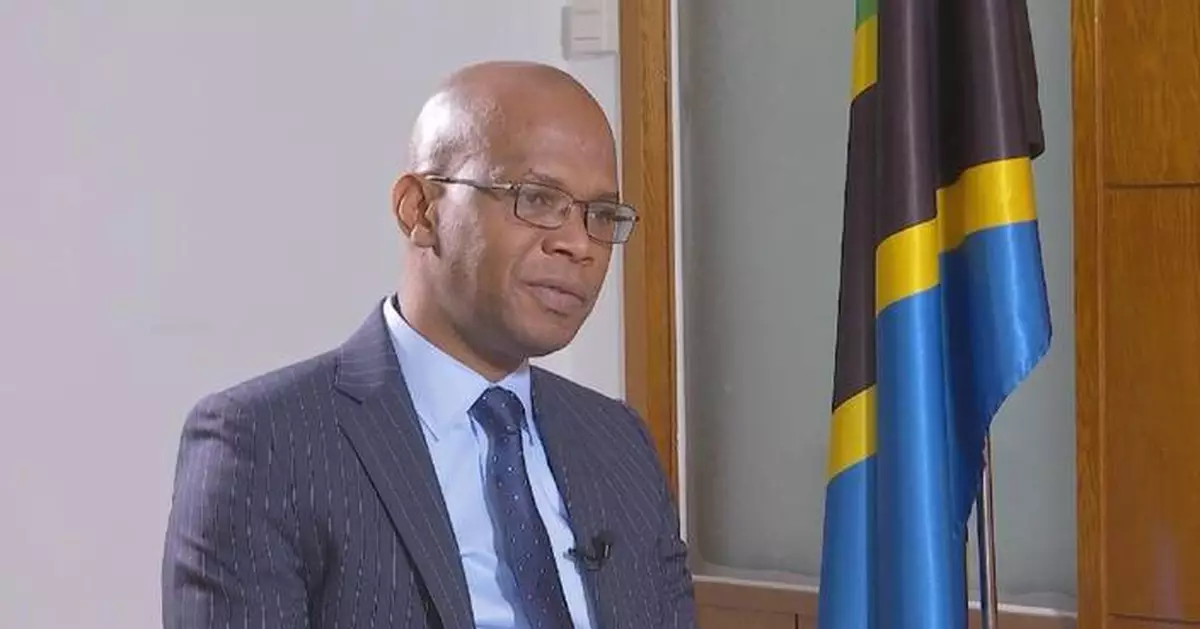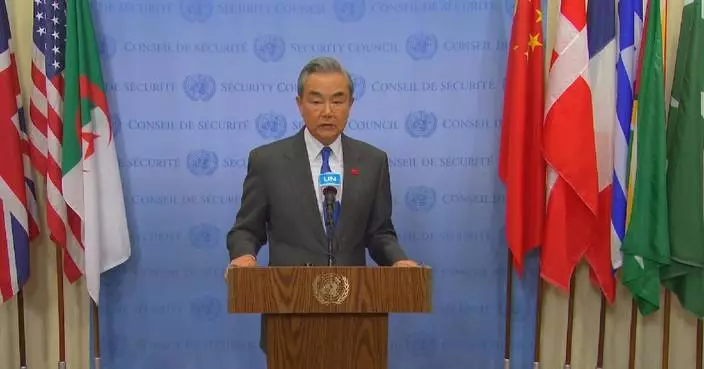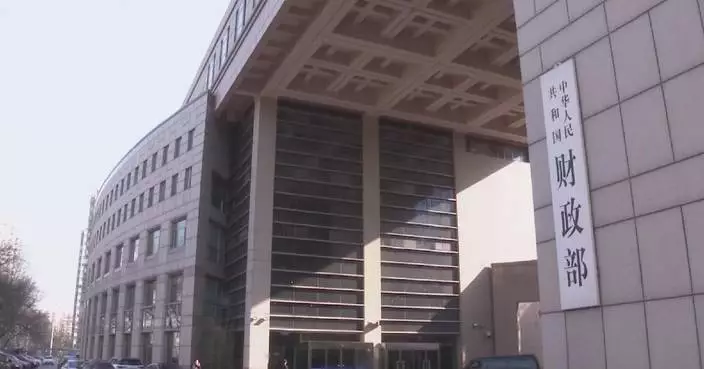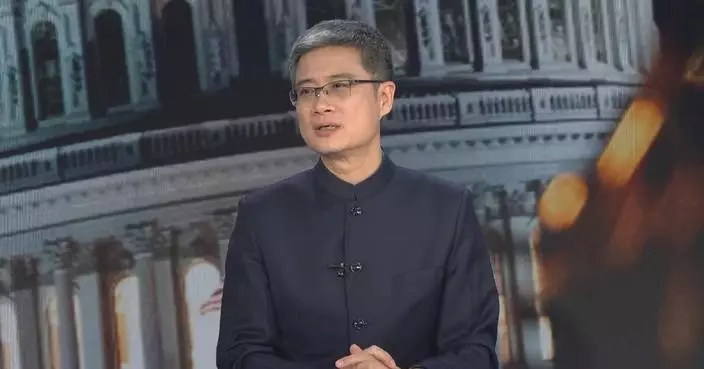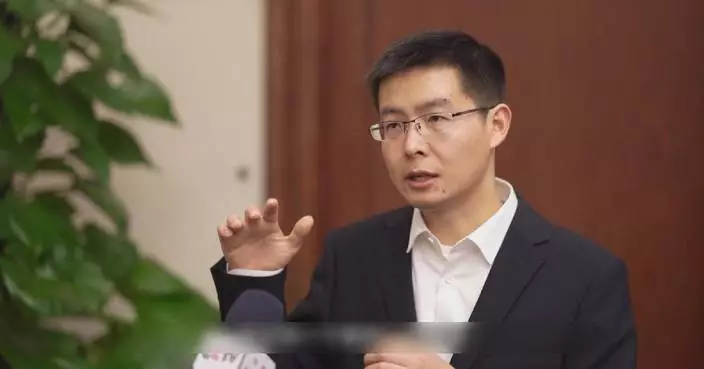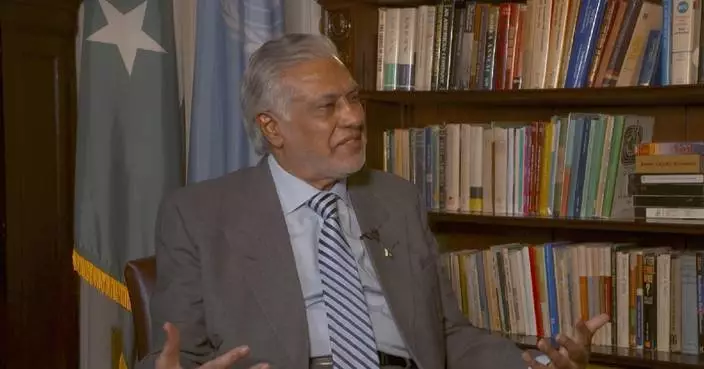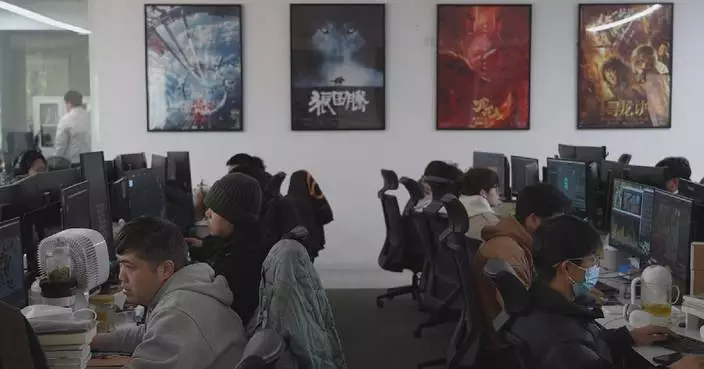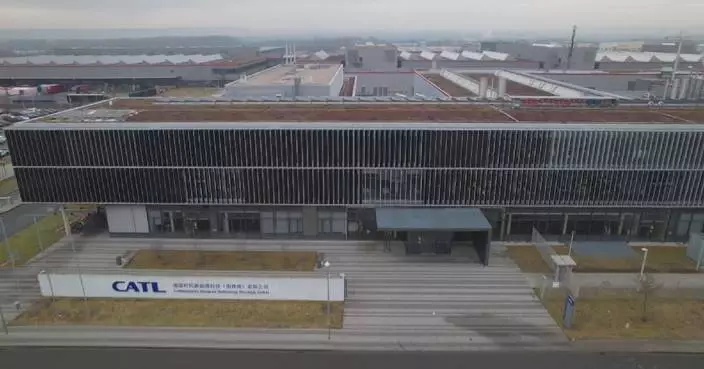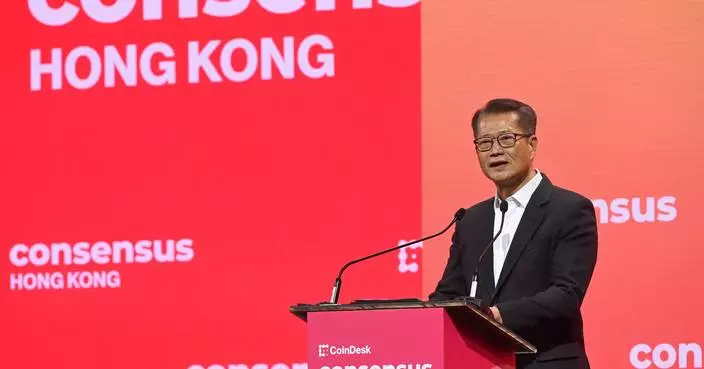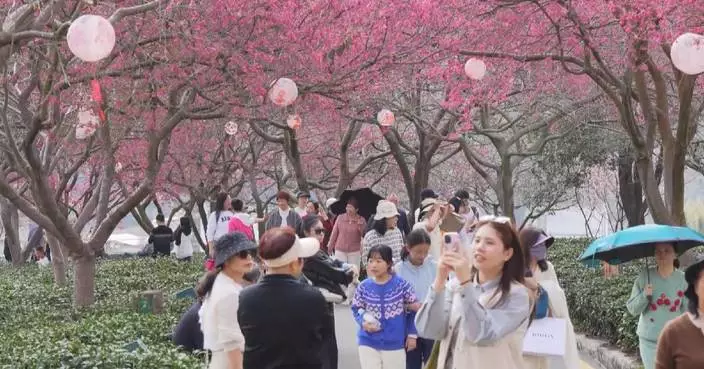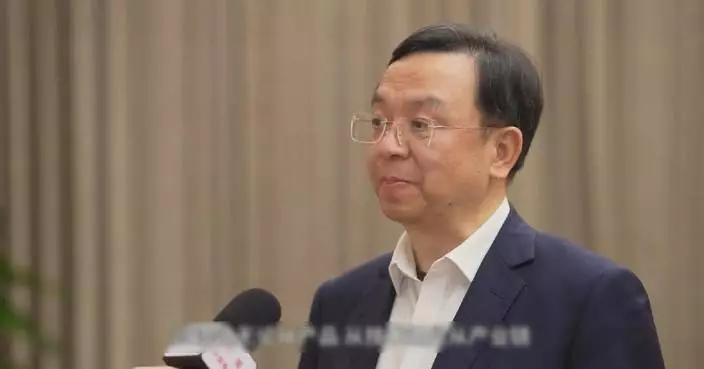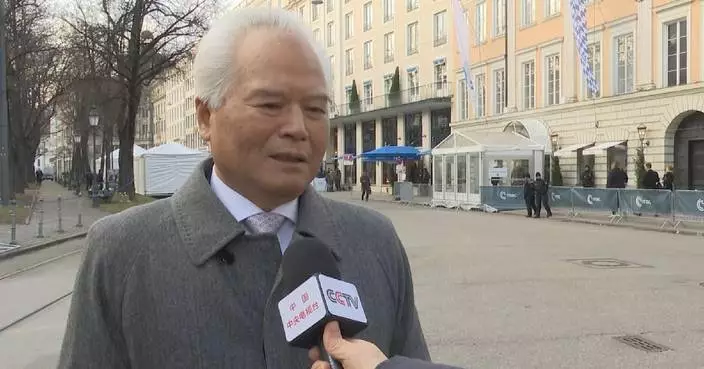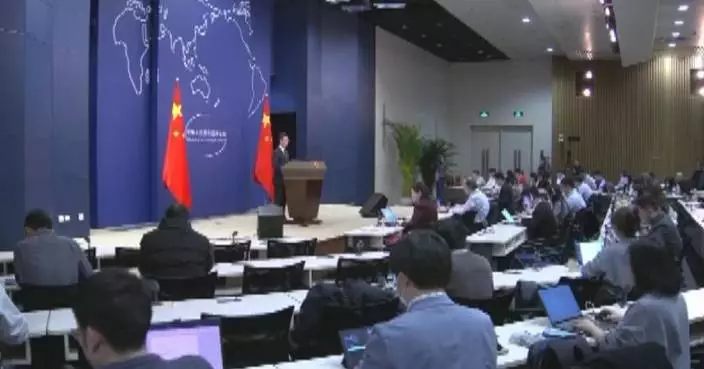Tanzania's Minister for Foreign Affairs, January Yusuf Makamba, praised the robust and evolving partnership between Tanzania and China during an interview with China Global Television Network (CGTN), reflecting on the historical principles guiding China-Africa relations and outlining key cooperative projects.
Tanzania was the first African country that Chinese President Xi Jinping visited after assuming the presidency in 2013.
During that visit, President Xi introduced the principles of sincerity, real results, amity, and good faith for China's Africa policy. These principles have since become the foundation of China's cooperation with developing countries.
Makamba emphasized the significance of these principles in the interview on Sunday, the day before he wrapped up a five-day official visit to China at the invitation of Chinese Foreign Minister Wang Yi. He praised these principles for their depth and relevance to Africa's historical context.
"These principles are very key, because we in Africa are very sensitive to partnerships. Because of our history, we have a glorious history as a continent, but also we have a history of being colonized and being exploited. The principles that President Xi elaborated in Dar es Salaam in 2013, that underpin the relation between China and Africa, are very good because they take into consideration our history. So, over the past 10 years, since these principles were established, we've seen the transformation of China-Africa relations in a positive way," said Makamba.
Makamba also highlighted the tangible benefits of China's projects in Africa.
"The projects that China wants to do in Africa are beneficial to us. The interaction between China, and the engagement between China and Africa, is one that is based on mutual respect and mutual benefit as well. So the Dar es Salaam Consensus comes up with a new blueprint for global order; the international order that is based on openness, transparency, mutual respect, equity, fairness. These are the things that we've always wanted, and we hope that all Africans, together with China and other international partners, will coalesce around the Dar es Salaam Consensus as a new way to organize the global community," he added.
Reflecting on specific cooperative ventures, Makamba spoke about the Tanzania-Zambia Railway Authority, popularly known as TAZARA, a bi-national railway linking the Southern Africa Regional transport network to Eastern Africa's seaport of Dar es Salaam, offering both freight and passenger transportation services between and within Tanzania and Zambia.
"TAZARA is of tremendous symbolic significance to us, and it's an emotional project for Tanzanians, Zambians, and of course, Chinese. This one was immediately post-independence, so it was designed to help the two countries develop their economies. Since then, it has contributed immensely towards building that corridor for exports and import of products from overseas. And China's contribution in that respect has been phenomenal," Makamba explained.
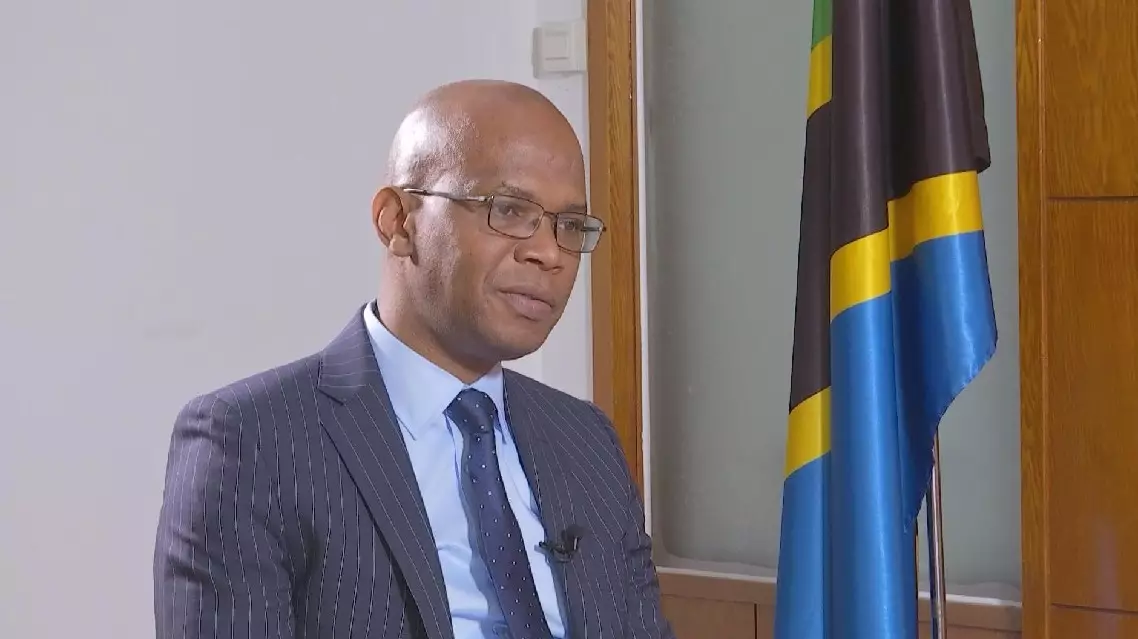
Tanzania's foreign minister highlights strong ties with China
The national policies aimed at bolstering the private sector must be tangible and accessible to businesses and require inter-departmental coordination to ensure they achieve the intended outcomes, experts said on Tuesday.
China on Monday held a key symposium on the private economy, which was attended by President Xi Jinping and brought together representatives from some of the country's most eminent private companies. In a speech delivered at the symposium, Xi stressed the importance of strictly implementing supportive policies and measures to advance the growth of the private sector.
Echoing Xi's speech, Huang Hanquan, director of the Chinese Academy of Macroeconomic Research under the National Development and Reform Commission (NDRC), said he believed the current priority was ensuring the full and uncompromised implementation of government policies targeting the private economy.
"A raft of policies have already been introduced [to support] the private economy. However, the key is to ensure that these policies are effectively implemented and truly accessible to the private businesses to allow them to feel the tangible benefits," Huang told CCTV.
Bai Chong'en, dean of the School of Economics and Management at Tsinghua University, noted that during the implementation process, it is essential to ensure coordination and consistency across different policies to maximize their collective impact.
"It's about coordination between government departments to avoid contradictions between detailed policy provisions during the implementation. As we've repeatedly emphasized, policy consistency is key. It is only when there is consensus on certain issues that we can pull together towards the same goal with one mind," said Bai.
Monday's symposium also highlighted the government's commitment to removing obstacles that prevent private enterprises from equally accessing production factors and participating in market competition. Experts believe that several key sectors will open their door wider to private businesses.
Official data showed that private investment in infrastructure grew by 5.8 percent in 2024, 1.4 percentage points higher than the overall growth rate for infrastructure investments. The symposium proposed continuing to promote fair access to competitive sectors of infrastructure for all kinds of market entities.
"This means creating more space for private enterprises' development, or in other words offering wider access for them. This will allow private enterprises to have more opportunities to participate in infrastructure investments, as these investments feature relatively stable operations and returns. This is also a field that private enterprises have long been eager to enter," Huang said.
In October 2024, China released a draft of its first basic law focused on the development of the private sector for public input. The draft, with 77 articles in nine chapters, features equal treatment and protection of private sector businesses.
"For example, one important part of the draft of the private sector promotion law is meant to create an equal environment for competition, allowing private enterprises to equally access resources, participate in government projects, and enter the market. I believe that private enterprises are eager to make contributions, and if they are given the opportunity to do so, they will be able to achieve greater development," said Bai.

Experts stress effective policy implementation to boost private sector growth



